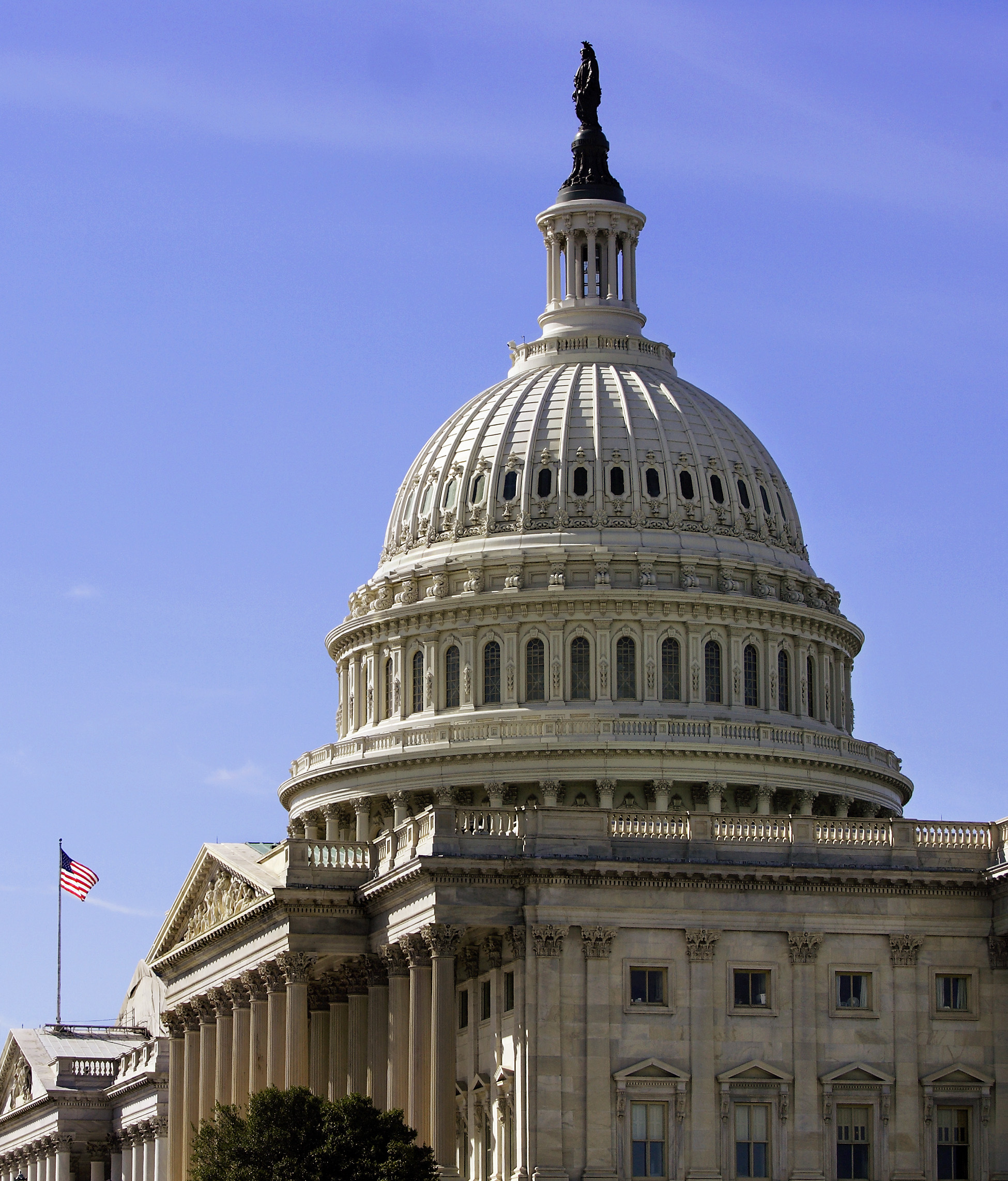
As the saga of Dodd-Frank section 1502 drags on, last Thursday, May 10, the House Financial Services Subcommittee on International Monetary Policy and Trade held a hearing to debate the following questions: What are the costs for American businesses to start disclosing supply chain details for minerals sourced from Congo and its neighboring countries? How would this industry change affect people in eastern Congo? And, most importantly, what are the consequences for people in eastern Congo if the provisions are not implemented?
The hearing offered an opportunity to discuss both sides of the issue and to look critically at the costs and consequences of implementing regulations laid out in 1502 to all parties involved. Although big business representatives testified alongside academics, the debate seemed heavily weighted toward weakening 1502, and watering down implementation costs for companies.
Critics of 1502 argued that the cost of implementation will be too great—both fiscally and in terms of practical labor expenditures—for American businesses. House Republican witnesses Dr. Laura Seay, assistant professor of political science at Morehouse College, and Mvemba Dizolele, distinguished visiting fellow of the Hoover Institution and Stanford University, sided with House Tea Party Caucus member and Chairman of the Subcommittee Rep. Gary Miller (R-CA), as well as with industry lobby groups such as the National Association of Manufacturers by testifying against 1502. They argued that the proposed Congolese mining sector reforms are over-burdensome, do not address root causes of the violence, and may further deteriorate the quality of living for people in eastern Congo.
This skepticism, however, has been countered by Congo experts such as Jason Stearns, who wrote:
It is certainly true that many miners have lost their jobs in tin and tantalum mines over the past two years. However, the criticism is exaggerated. Based on figures provided by regional mining officials, and my own observations in the region, these losses are in the thousands of jobs, not hundreds of thousands as some have suggested.
While the costs of implementing 1502 are not free, there are very real reasons for how and why this is a necessary step to mitigate human rights abuses in Congo. Organizations such as Enough and Global Witness, along with others, have recognized that implementing 1502 is just that—a step—but nonetheless, an important one. Though the net effects cannot yet be determined, it is clear that 1502 is already creating positive change on the ground.
The most recent U.N. Group of Experts’ report on Congo notes, “Overall, the production of tin, tungsten and tantalum ores in eastern Democratic Republic of the Congo and neighboring red-flag locations has, to an extent, shifted from conflict to non-conflict zones, and…there has been a reduction in the level of conflict financing provided by these minerals.”
The argument that the cost of implementation is too high for businesses has already been challenged by companies such as Motorola and Intel who are making great strides in developing responsible supply chains using minerals sourced from Congo. As Representative Jim McDermott (D-WA) noted during the hearing, “Industry has already moved to clarify this issue [of conflict minerals] because they realize the justice in it.”
Reforming the mining sector is not meant to be a silver bullet solution to Congo’s vast portfolio of issues. However, it is a contributing factor to the violence that the U.S can influence in a meaningful way because of the American consumer’s purchasing power directly connecting them to the conflict minerals trade in eastern Congo. As Representative David Scott (D-IL) stated at the hearing, “It’s not that we can stop [the violence], but should we be contributing to it?”
While there is a great need for other systematic reforms in Congo—specifically in the areas of security sector, good governance, and military justice—there is currently no space for these reforms to take root because armed groups in the region are running rampant, terrorizing communities, and unraveling the already thinly woven fabric of governmental and social stability in the region. Attempts to implement structural reform at this time would be continually undermined by such pervasive violence and corruption. According to the statement Enough submitted to the hearing record:
Dodd-Frank is one element of the United States’ comprehensive approach to achieving positive change in Congo…the situation in the east is a reflection of the systemic challenges that face the country as a whole, and represent the most difficult issues the country has to face. Find solutions in the east and they will translate nationwide. Lack of infrastructure, insecurity, endemic corruption, lawlessness, and failed institutions remain the primary obstacles to durable solutions in Congo. 1502 seeks to use U.S. leverage where it exists and where there is demand from U.S. citizens to address a piece of the larger problem with the aim of reducing violence and oppression to create a space for additional reform.
Following the hearing testimonies, Representative Maxine Waters (D-CA) dedicated her five minutes of questions to a passionate response and call to action that was followed by an enthusiastic applause from the audience—a sound rarely heard during Congressional hearings. Rep. Waters told industry representatives that she simply does not care if implementing 1502 is “uncomfortable or inconvenient [for them] or if it will interfere with profits” because “we have a moral responsibility to deal with these issues and provide leadership.”
View her full comments below:
The debate around 1502 will undoubtedly continue until the SEC releases its long-awaited conflict minerals regulations. However, as the discussion gets pushed and pulled in various tangential directions, it is important to always return to the basics of the argument: Should the U.S. first and foremost use its hugely influential global platform to protect the interests of companies, or the rights of people?
Join us in ensuring that the SEC does not give in to industry pressure—tell them to release strong rules, and help protect the people of eastern Congo. Take action now.
Photo: U.S. Capitol building (AP / J. Scott Applewhite)

